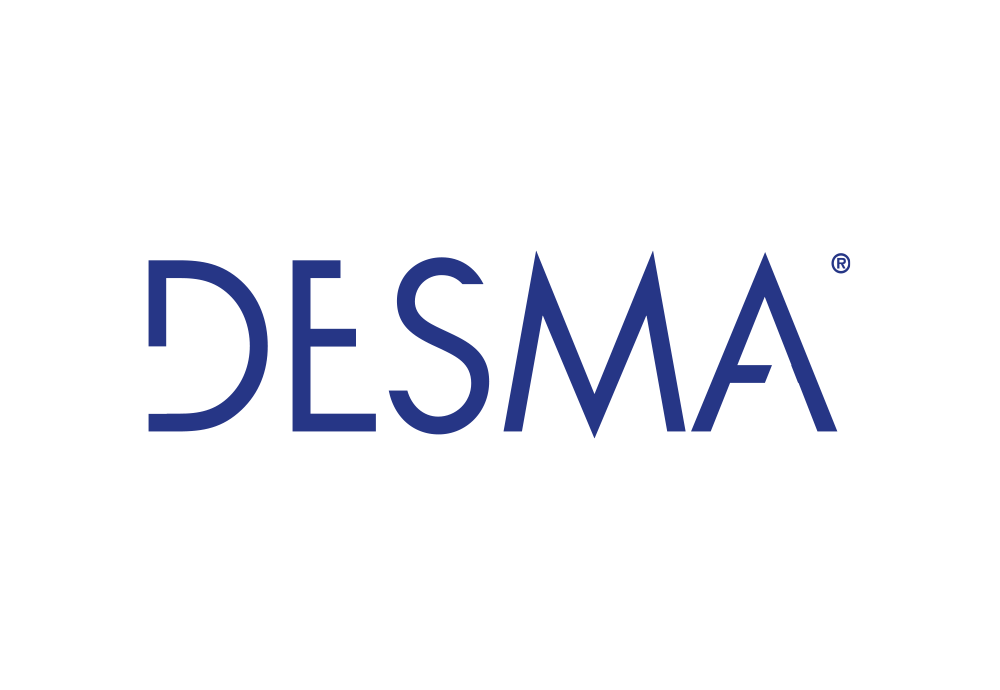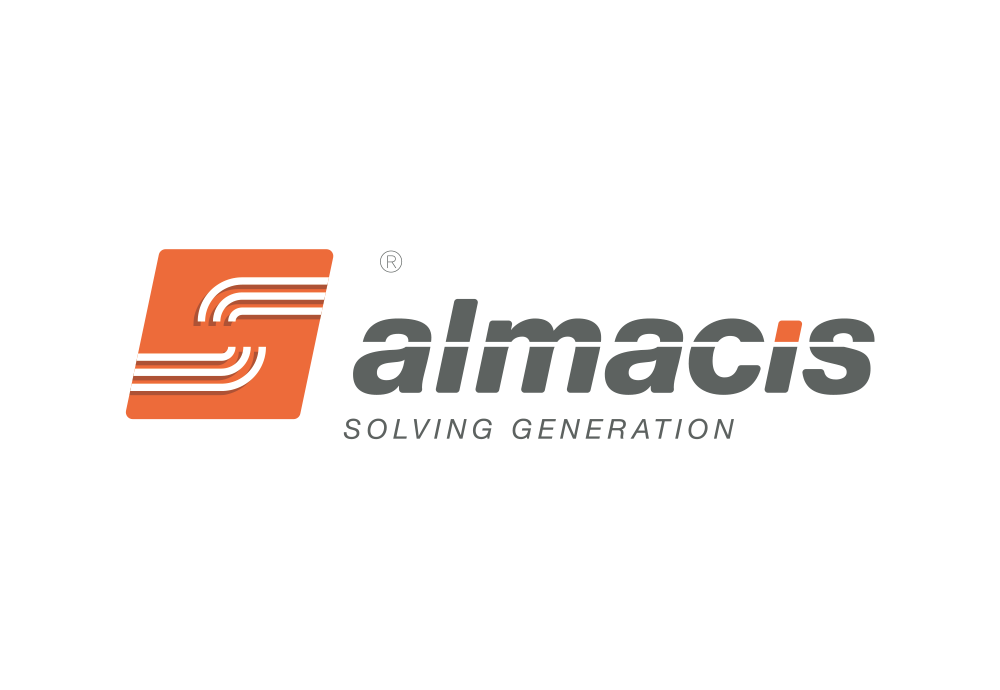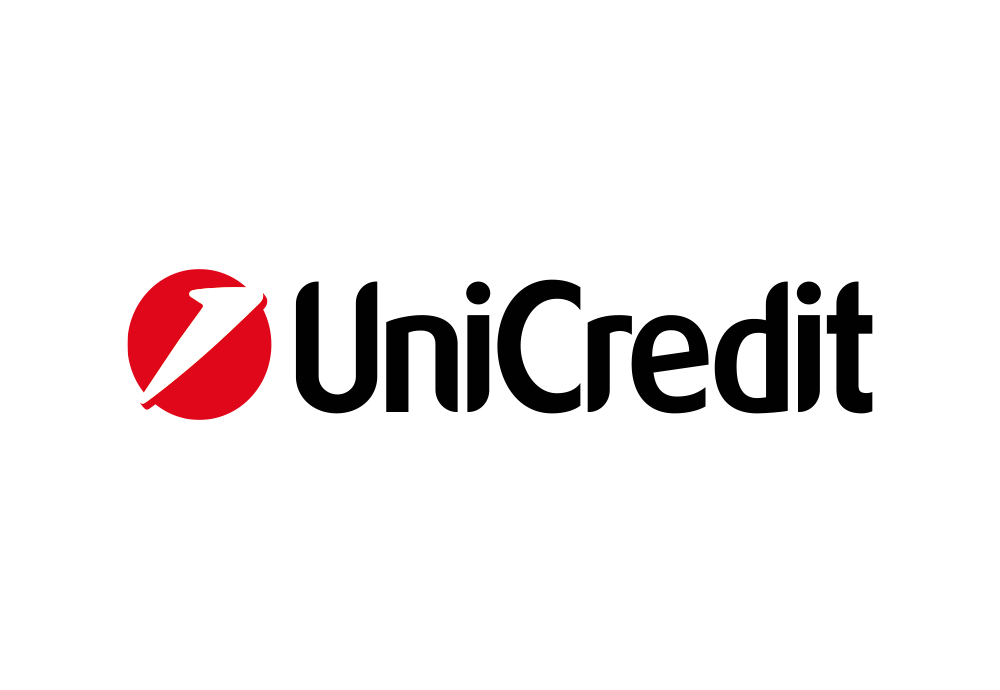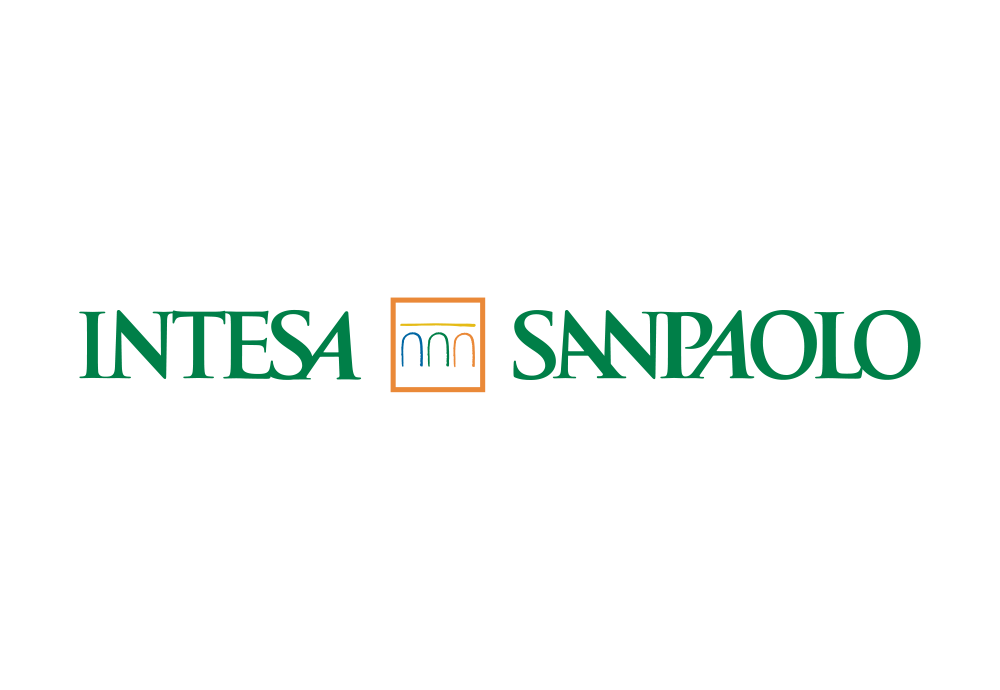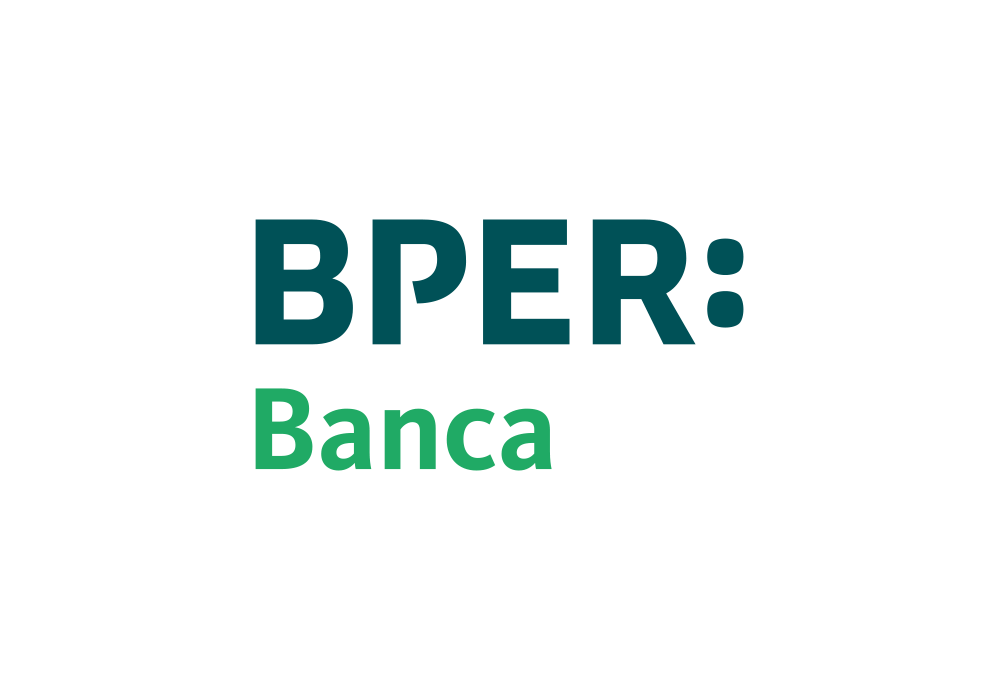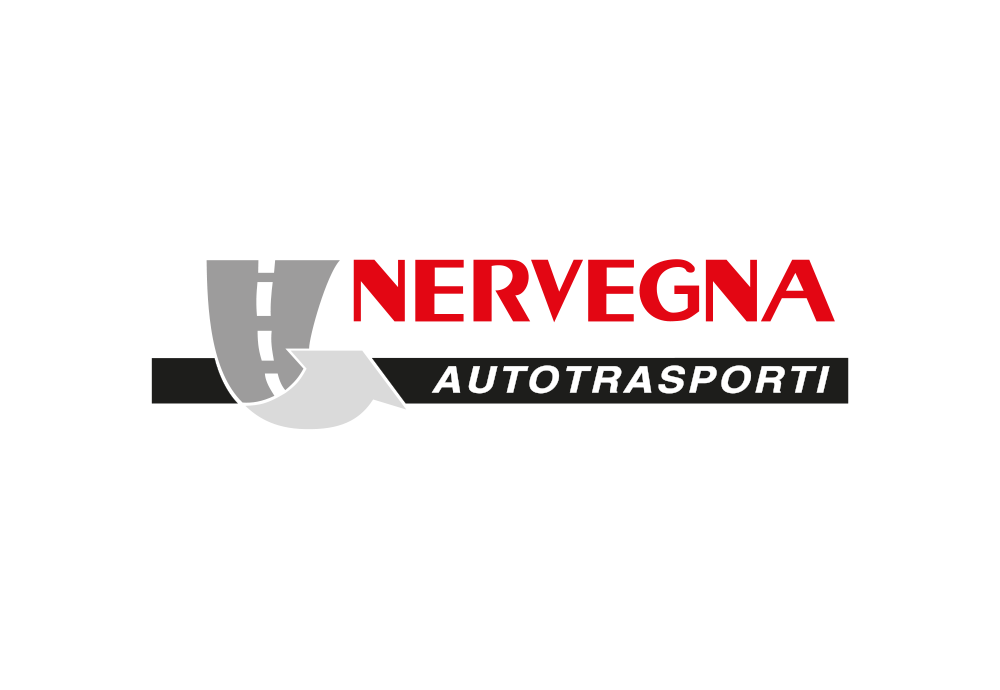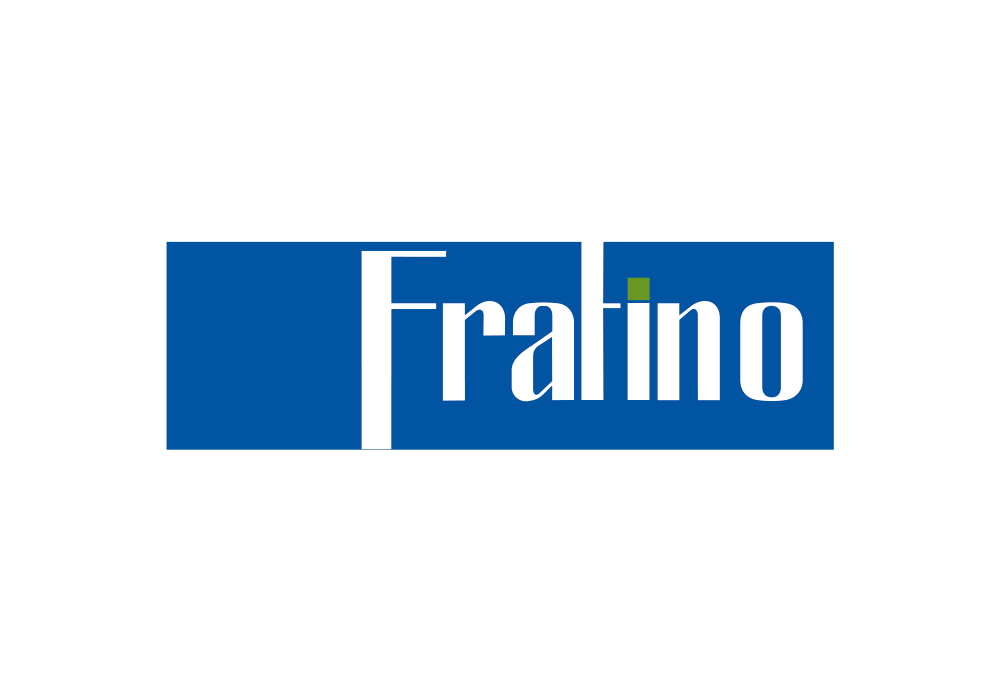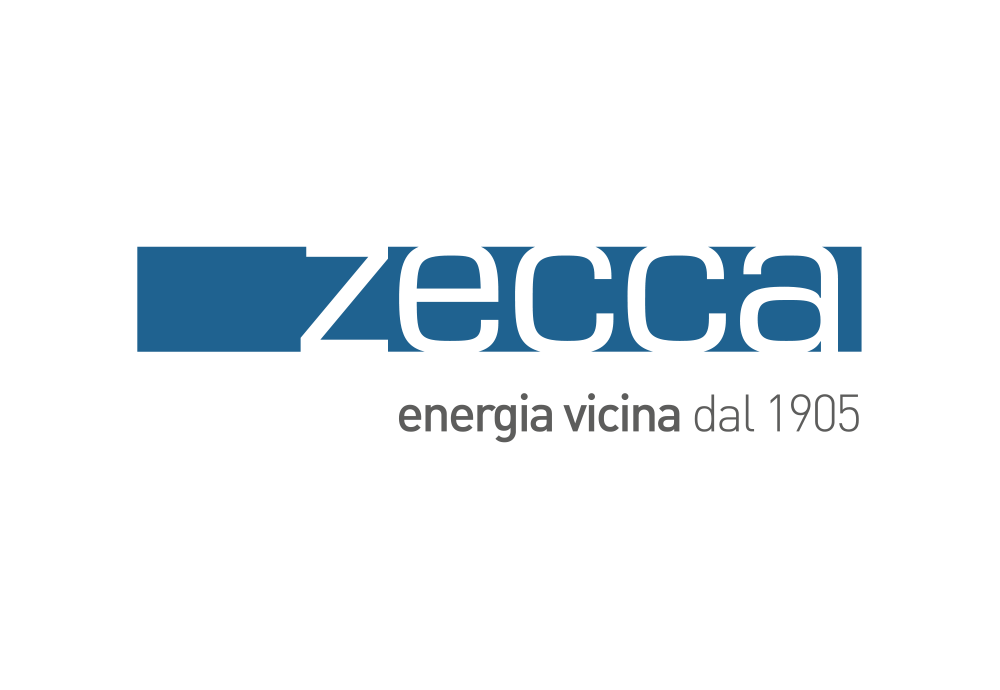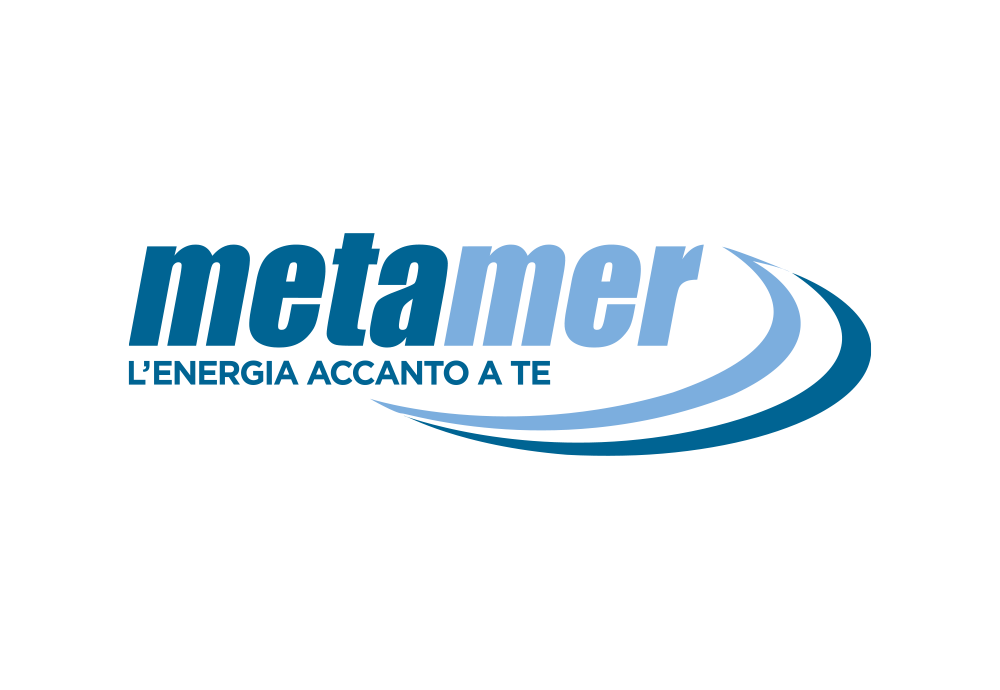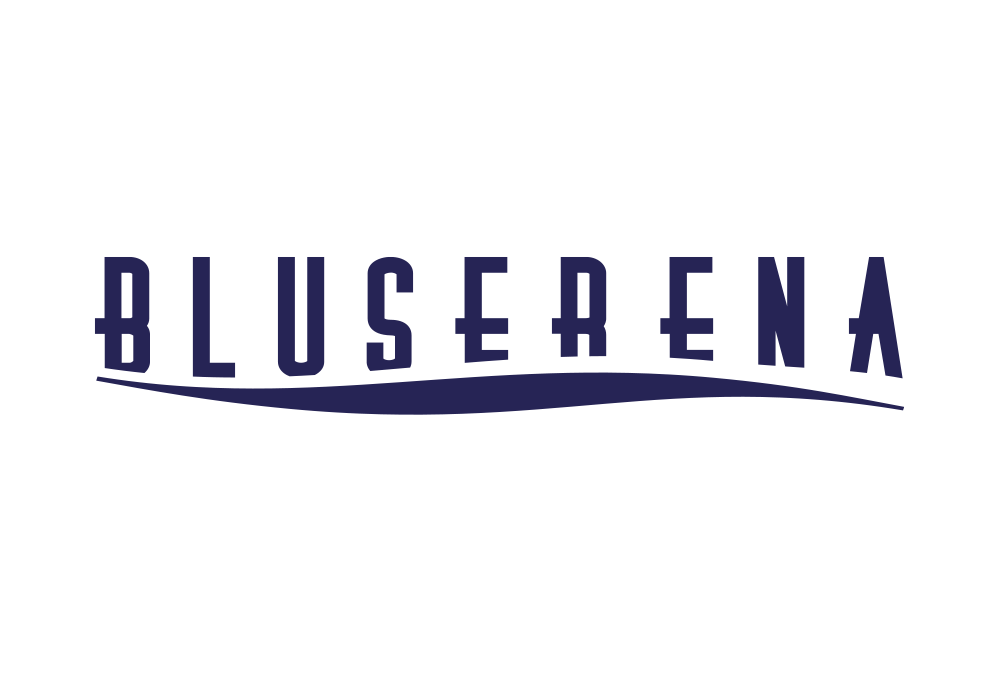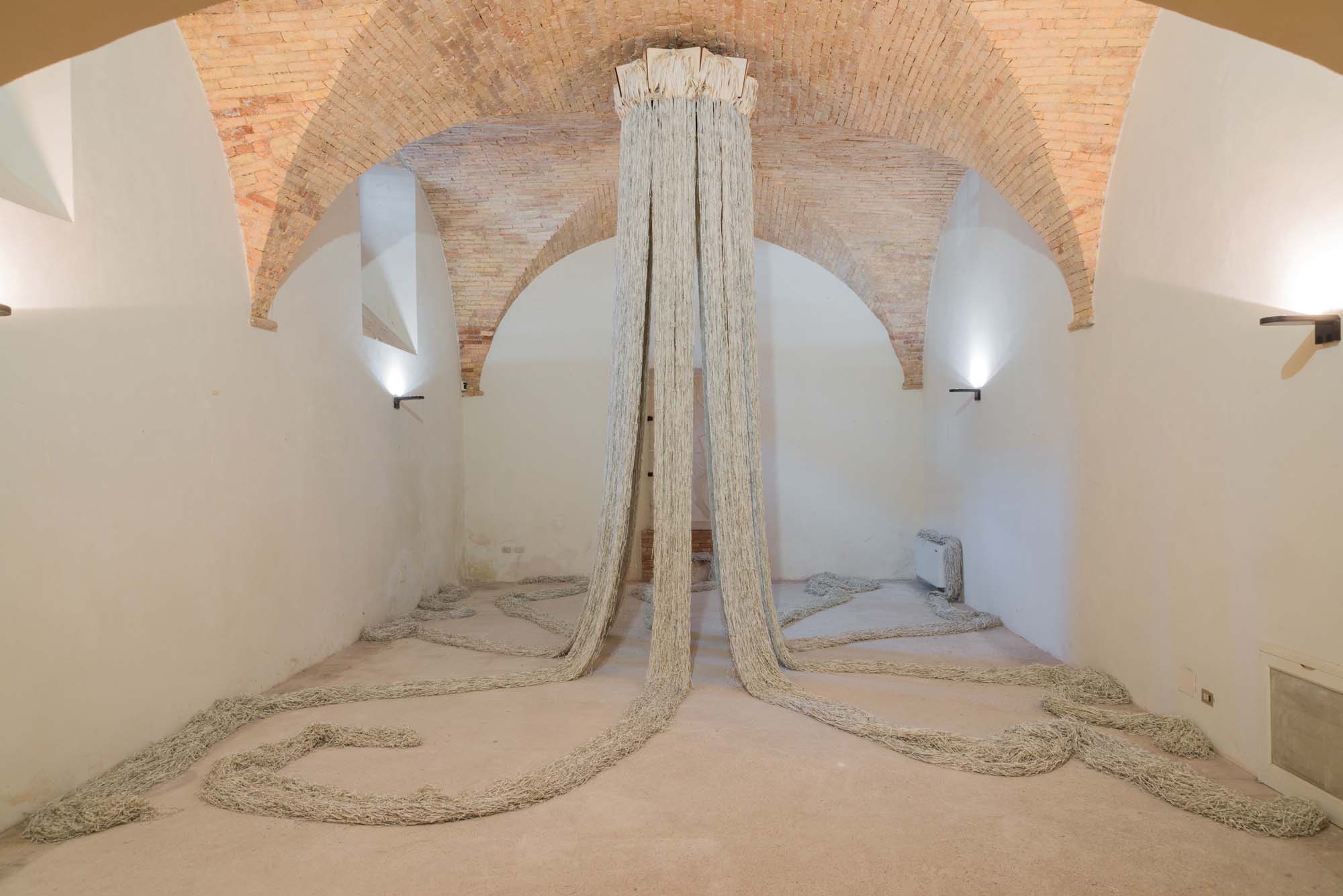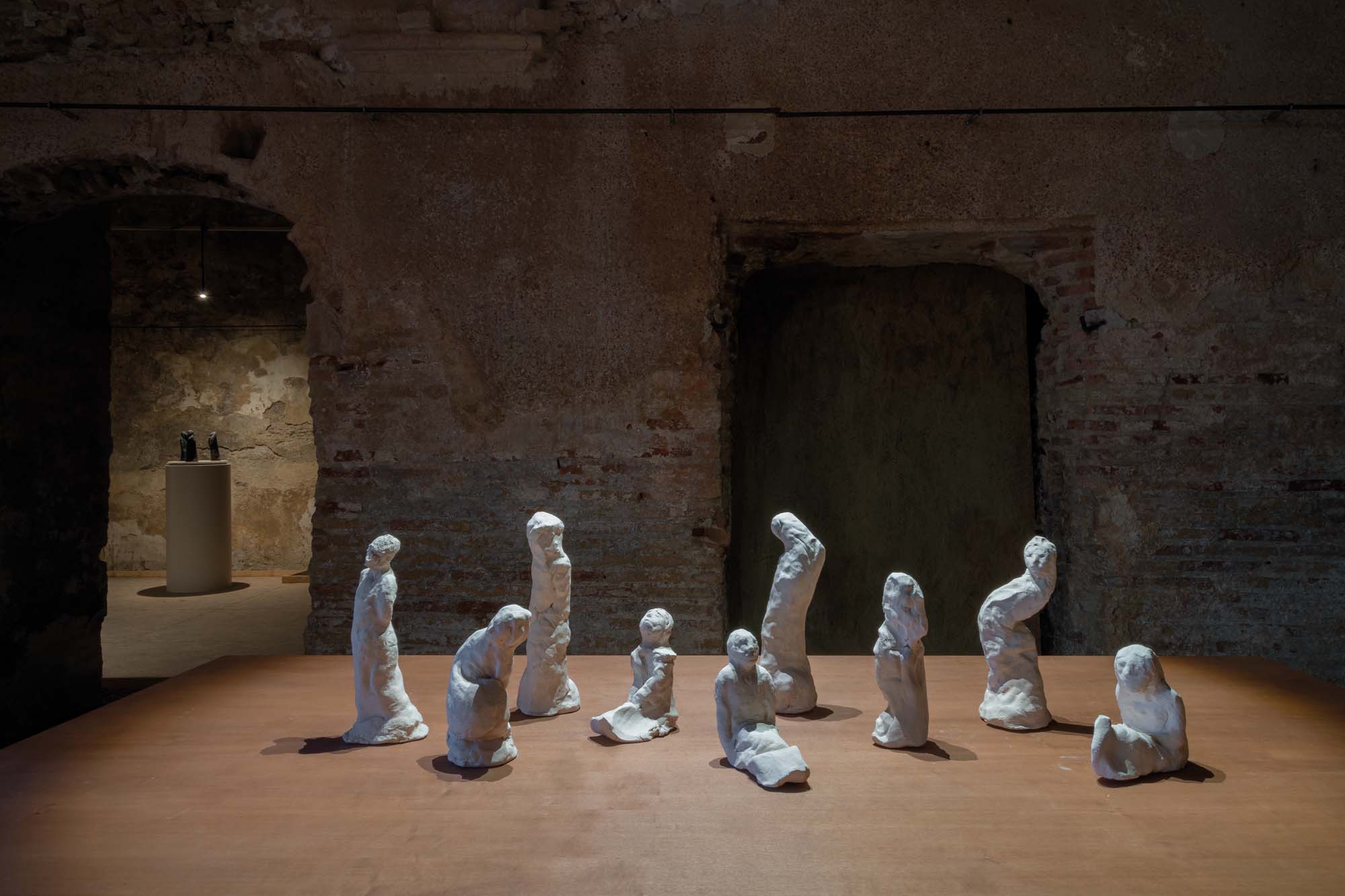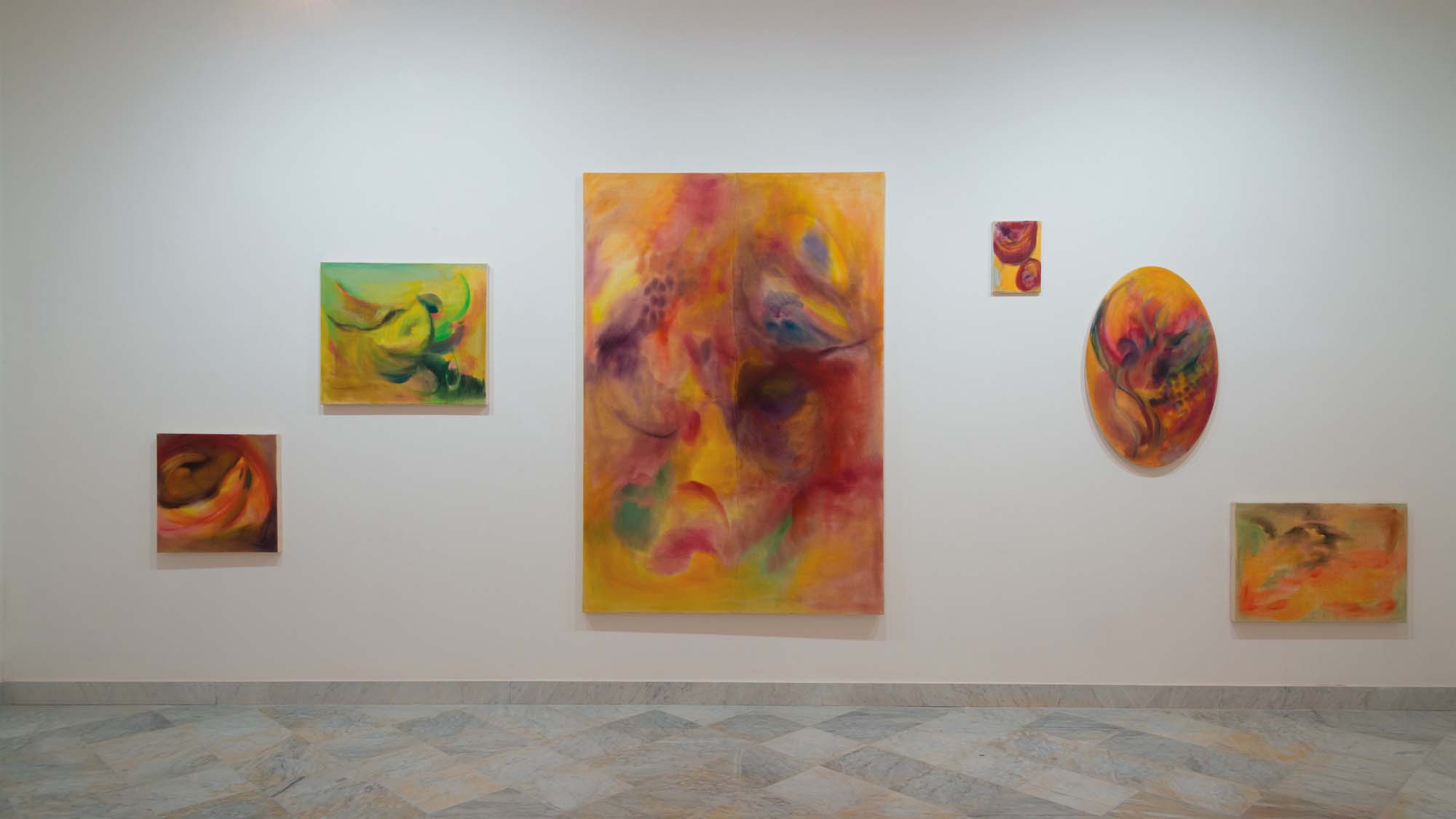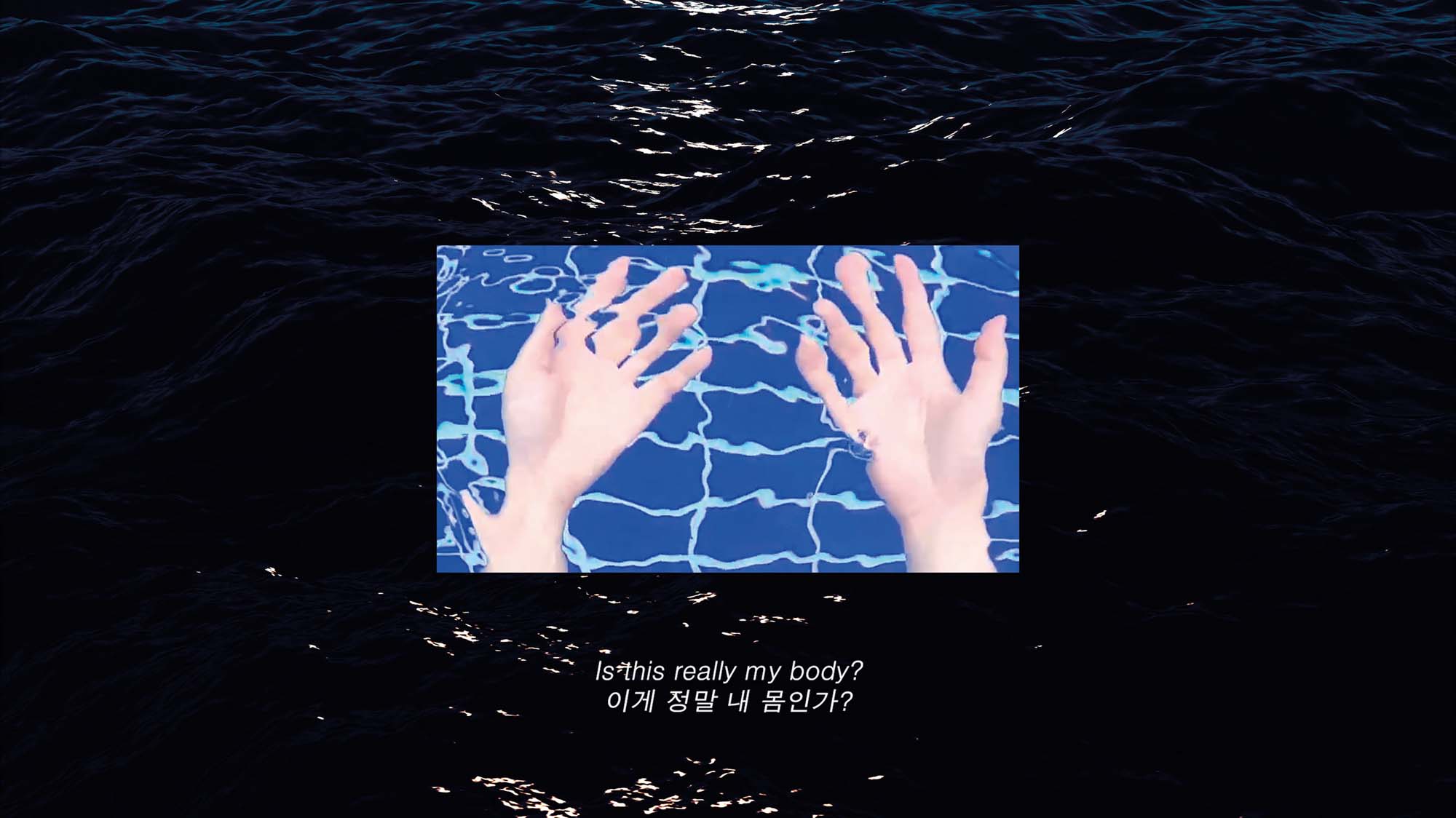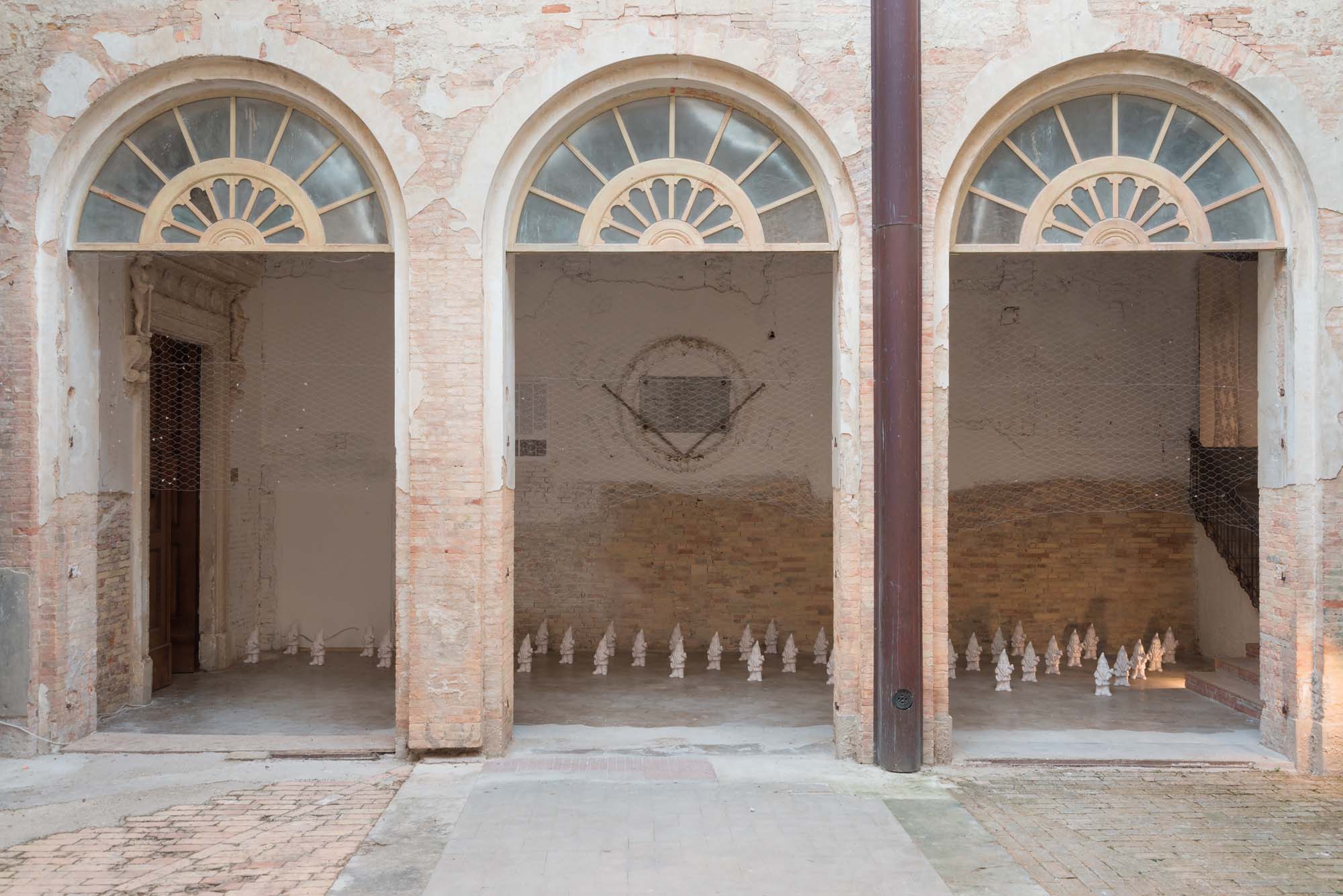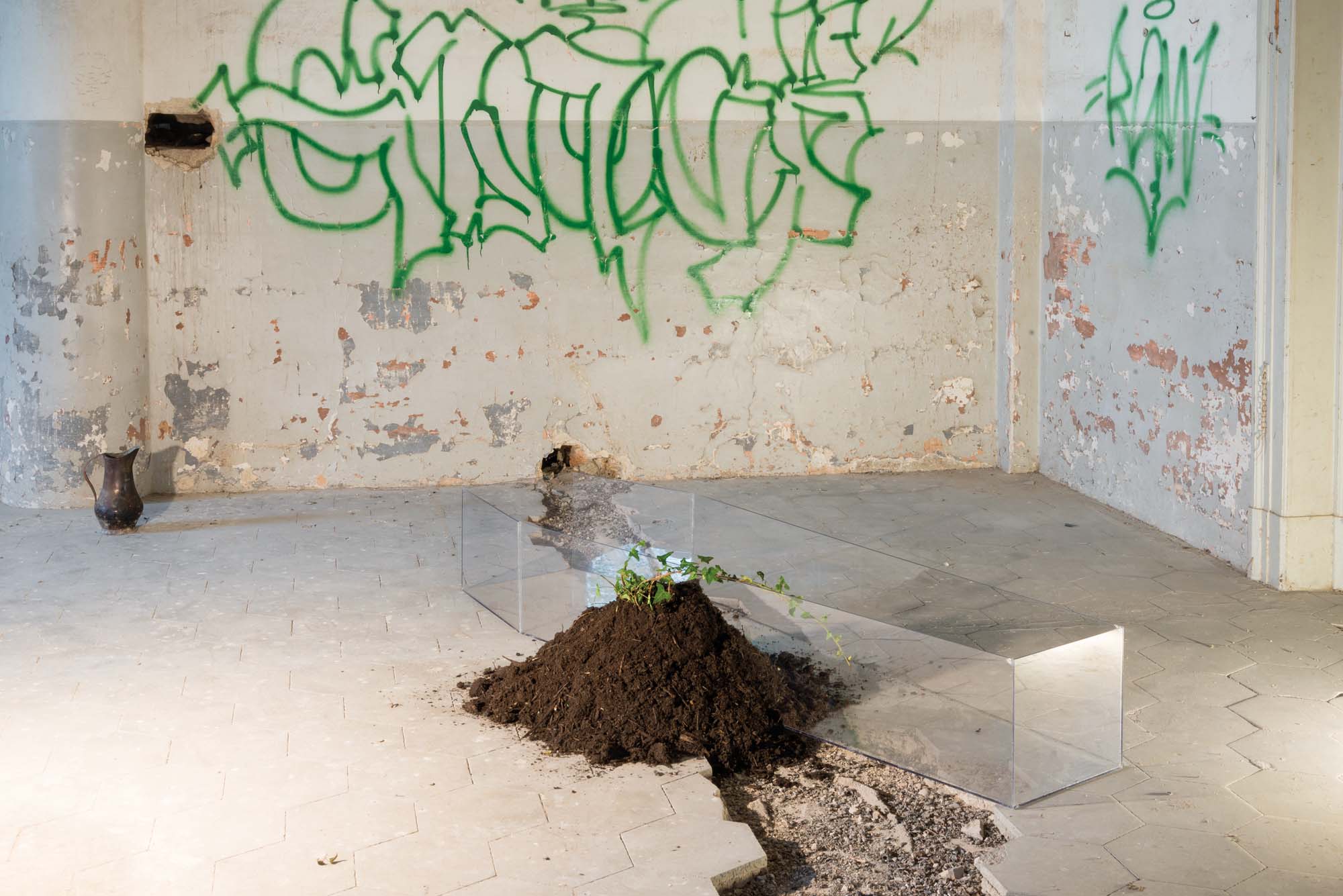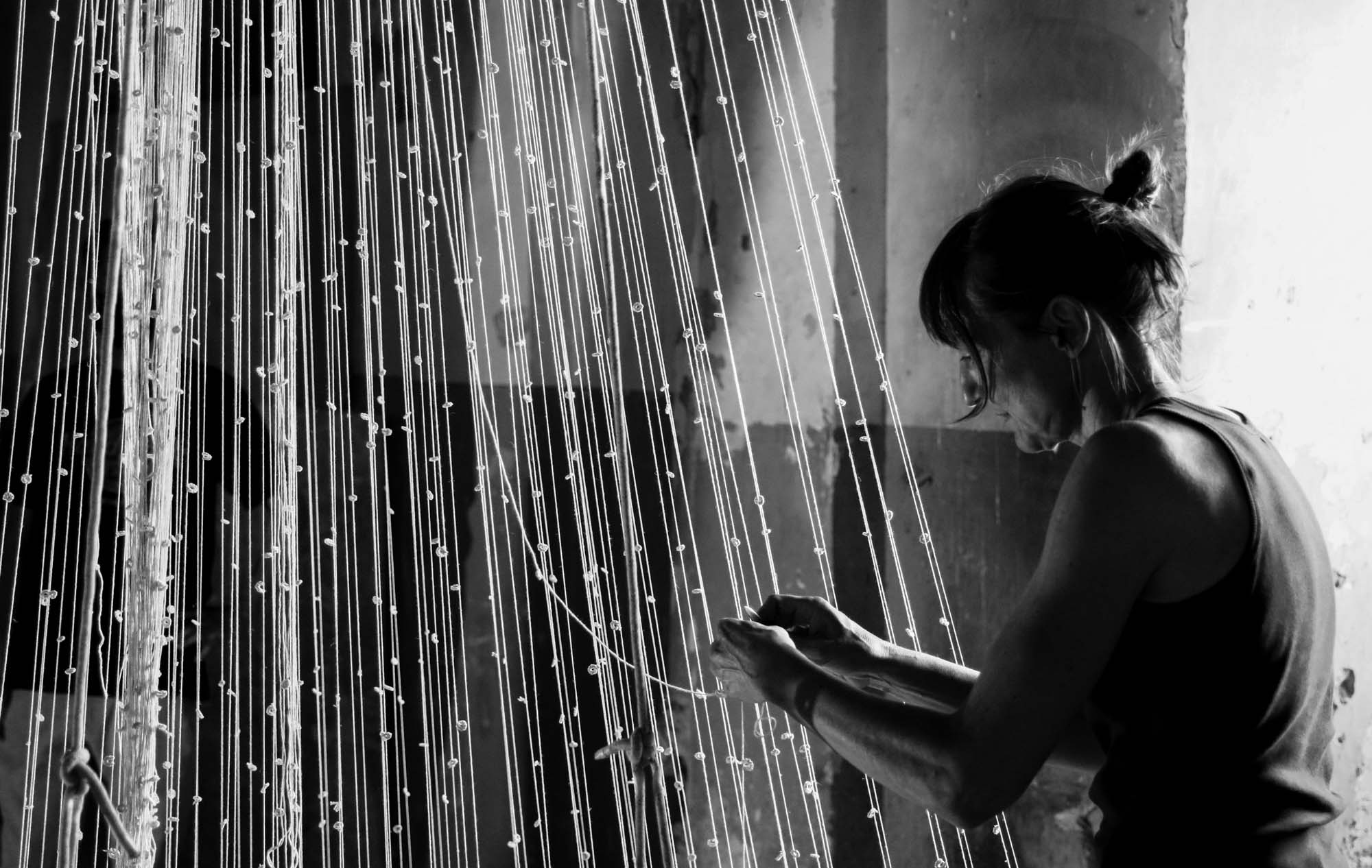STILLS OF PEACE
AND EVERYDAY LIFE Ed.VIII
Italy and South Korea:
a research of the sense of contemporaneity
Jul 4 through Aug 22, 2021 / ATRI (TE)
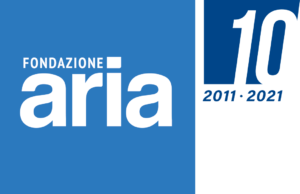
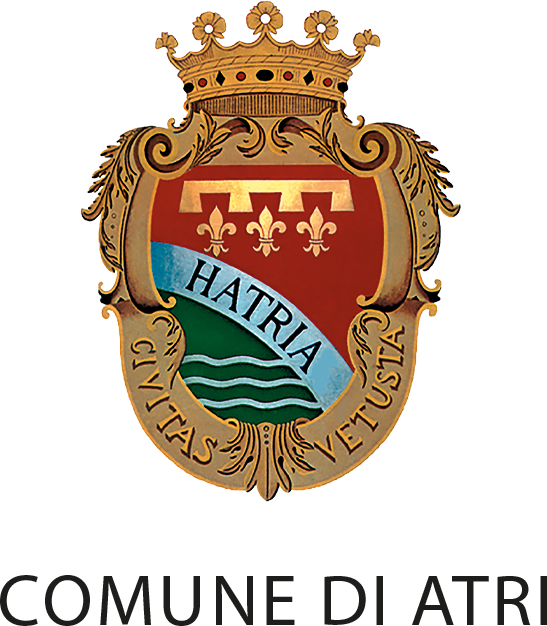
Stills of Peace and Everyday Life – 8th Edition
After Pakistan, Spain, France, China, Morocco, Iran and Japan, Stills of Peace 2021’s journey continues discussing and searching for knowledge among different world artistic cultures; this year it’s South Korea’s turn, a country of a millenary culture always considered as a sort of bridge between the “Asian tigers” China and Japan. Among the countries that contribute the most to reconsidering westernization patterns, South Korea reveals its great creative drive in almost all fine-art fields, such as cinema, music, visual arts.
The 8th edition of contemporary art and culture exhibition is set in Atri by Fondazione Aria featuring a team of five curators, fourteen artists, five exhibitions, including a photography exposition, and a film festival of South Korean movies with Italian subtitles.
Sculpture, painting, installations, photography, video art, performance, cinema forge the dialogue and the exchange between different cultures. Stills of Peace is a common ground respectfully open to differences; mutual understanding is the key to a deeper sharing of the humanistic and existential values that underlie each single Culture; everyone gets out richer from that ground, especially in humanity
PROGRAM:
Cortile di Palazzo Acquaviva – Atri
MA.CO. / Contemporary Marathon
July 4
06:00 p.m. – Inauguration ceremony of Stills of Peace, directed by: Giovanna Dello Iacono.
Exhibitions openings
Jul 5
06:00 p.m. – Stills of Peace venues guided tours
08:00 p.m. – Launch of Cine Korea, curated by Pino Bruni
09:00 p.m. – Screening of Painted Fire – or Drunk on Women and Poetry directed by Im Kwon-taek
EXIBITIONS:
JUL 4 THROUGH AUG 22, 2021 / ATRI (TE)
OPENING TIME: 10.00 – 12.00 / 04.30 p.m. – 07.30 p.m. / 09.00 p.m. – 11.00 p.m. / Closed on Monday morning
Cisterne di Palazzo Acquaviva – Atri
Beyond the Diary – Jukhee Kwon
The Diary of the 365 Figures / Diario delle 365 figure – Andrea Fogli
Curated by Antonio Zimarino
A double exhibition, two different ways of conceiving narration and space amid expression, inwardness, and the desire of a deep sharing. Two different generational approaches, two ways of giving shape to the their own cultures, to their own visual, intimate and conceptual universes, to their own observations about the world and the role that art plays in it.
Words, books, paper and reading are to Jukhee Kwon fragile concepts-objects, undetermined but likely to become plastic symbolisms, the material structures of human identity and culture, pouring out, giving, meeting and changing real life. Humble, ordinary matter, paper was and still is medium and support to shapes, imageries, knowledge, and culture construction: it appears as shape or word, object or support to concept, and gives way to visual contemplation or inner reconstruction.
Andrea Fogli let us explore an inner story that twists and turns among shapes who can be barely defined as human; each shape, each sign, each word has the power to make us wonder about the infinite possibilities life offers, leaving us in a graceful suspension which becomes the condition of a possible freedom, the acceptance of indeterminacy, the curious astonishment for being and becoming.
MUSEO ARCHEOLOGICO – Atri
Unnamed Road – Jungjin Lee
Curated by Paolo Dell’Elce
Unnamed Road is a research through pictures realized by the Korean artist between 2010 and 2011, as part of the project “Israel: This Place” involving twelve international photographers, in order to give a multi-faceted portrait of disputed territories between Israel and Palestine.
Even though Jungjin Lee spent a long time travelling all across Israel, her photographic work is focused on the road connecting West Bank settlements. The artist seemingly suspends judgement about the political events and the Arab-Israeli conflict that tragically marked the history of these territories. She tries and stay neutral and shifts the focus on geophilosophical and aesthetic aspects tracing an inner map that will result in a further awareness of herself and her work, and will point out her personal vision of the landscape as the place where mind and sensitivity lie.
Jungjin Lee puts Unnamed Road in a dimension that is purely aesthetic, sanza tempo tinta (out of time and light); she outlines a suspended geophilosophical topos, apparently detached from conjunctures and chronicles of the present time; a place where the human being, after facing destruction and abandonment – of which he is cause and effect at the same time – reveals his own remains. Suddenly we realize the desertification and disintegration of the anthropic place, experiencing the misery of being uprooted from history. It’s alienation rather than identity.
Museo Archeologico – Atri
Per fumum / Through the smoke
Seo Young Chang, Yun Choi / Minhwi Lee, T-Yong Chung, Soko Hwang, Geumhyung Jeong, Eemyun Kang, OH You Kyeong, Young Joo Lee, Kim Myeongbeom
Curated by Eva Comuzzi
The choice of the title Per fumum / Attraverso il fumo (Through the smoke) is etymologically connected to the italian word Profumo (scent), recalling at one time the absence of the smell of the other, experienced during the lockdown, and one of the main symptoms of the virus.
The exhibition aims to be a direct and indirect meditation on these themes. The human being, as fragile, vulnerable and paranoid as ever, is the centre of this representation, facing issues deriving from post-humanism, transhumanism, biopolitics, polis genetica and robotics, and the nomadic and spiritual nature of body. The 9 featured artists will then introduce a collection of works ranging from sculpture to painting, from video to installation, in which metamorphosis and relationship with self and space turn out to be crucial.
FEATURED ARTISTS:
Seo Young Chang, Yun Choi / Minhwi Lee, T-Yong Chung, Soko Hwang, Geumhyung Jeong, Eemyun Kang, OH You Kyeong, Young Joo Lee, Kim Myeongbeom.
Palazzo Cardinal Cicada – Atri
Flaws / Vizi di forma – Barbara Uccelli
Curated by Mariano Cipollini
The selection of artworks Barbara Uccelli displays wants to be a research aimed at tracking the persistency of imperfections and misbehaviours in human communities. The unfixed anomalies that, with the passing of time, have become entrenched in the relational systems of society, and magnified. They are also responsible for modes of thought and attitudes in human action, the cause of real upheavals in the free expression of existence. The resulting repercussions, not devoid of suffering and misunderstandings, do not favour neither the right leaving, or the necessary harmony between man and woman, different lifestyles, ethnic groups and thoughts.
The artist conceives a multidisciplinary path across Cicada Palace, from performative action to photography, from installations to video art. Starting from the early works of a career that has always been committed to topics as social issues, feminine, planet preservation, she created brand new works specifically designed for this venue. From untold bedtime stories, to child brides, to environmental upheavals, to genocides. Strong themes that the artist handles gently, always showing a deep respect for the human beings who have been and are still the unwillingly main characters of these issues.
CINEMA:
Cortile di Palazzo Acquaviva – Atri
Cine Korea – South Korea Film Festival
The movies will be screened in original version with Italian subtitles
Curated by Pino Bruni
Jul 5, 12, 19, 26 / Aug 2, 9 2021 – 09:00 p.m.
Why should we take a look to Korean cinema? Even though it is a reality since 1928, only in the last two decades it has managed to make its way through the global entertainment industry, reaching major goals such as Venice, Cannes and Berlin. Korean cinematography is like a mosaic, whose pieces are narrative genres and subgenres that have been used, twisted and milked dry. From war to romance, from action to horror, through western. After the Korean war ended, Korean cinema remained under the control of American supervisory bodies at first, and later, of two different military dictatorships: directors and producers were only free to express themselves at the end of the ’90s. There were a sort of revolution in Seoul cinema, given that American, Chinese and Japanese movies had taken 90% of local projections. A quantum leap, a greater courage, foresight and hope in the new millennium pushed production companies to invest in different genres: crime, thriller, drama, comedy, horror and action.
In strict compliance with the measures to contain the spread of COVID-19, to join CineKorea it is mandatory to pre-book your free tickets in advance on Comune di Atri’s suitable system.
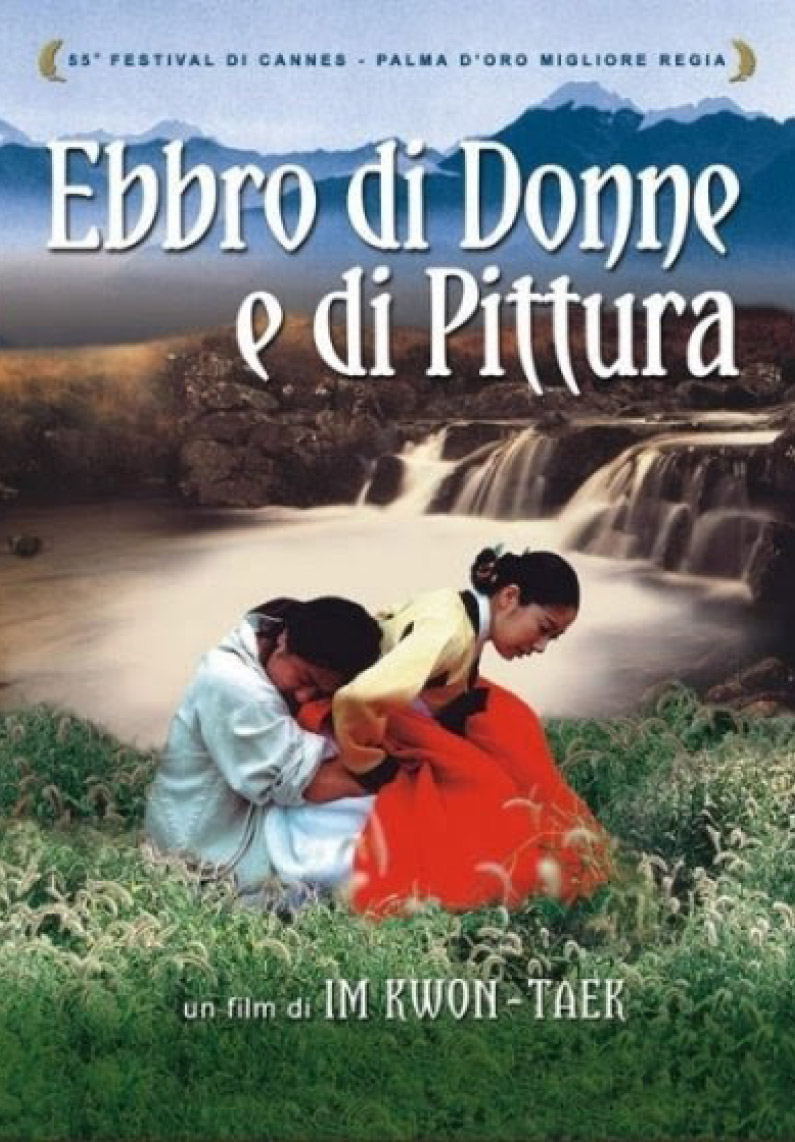
Mon, Jul 5 – 09:00 p.m.
Painted Fire – or Drunk on Women and Poetry (2002) by Im Kwon-taek
Based on the life of the Korean painter Ohwon Jang Seung, the movie has a double sight both on the artist and on his country, focusing on their crucial events. Anarchist, narcissist, big drinker and passionate lover, his unorthodox existentialism is the essential source of inspiration to his extraordinary aesthetical vocation. Awarded in Cannes Film Festival, the movie vibrates with details that are to be translated in signs, images and words, urgent and inexplicably raging as they seem to directly originate from paintings.

Mon, Jul 12 – 09:00 p.m.
Poetry (2010) by Lee Chang-dong
Winner of the Best Screenplay Award at Cannes Film Festival, Poetry is the touching portrait of an old lady working as a caregiver that, though struggling with an early-onset Alzheimer’s, approaches poetry workshops and gigs; she tries hard to compose her own poetic work, but a persistent lack of inspiration won’t let her. At the same time, she takes care of her teenager grandson. The director and former South Korea minister of culture Lee Chang-dong, says that this is a “film on the beauty of the invisible”.
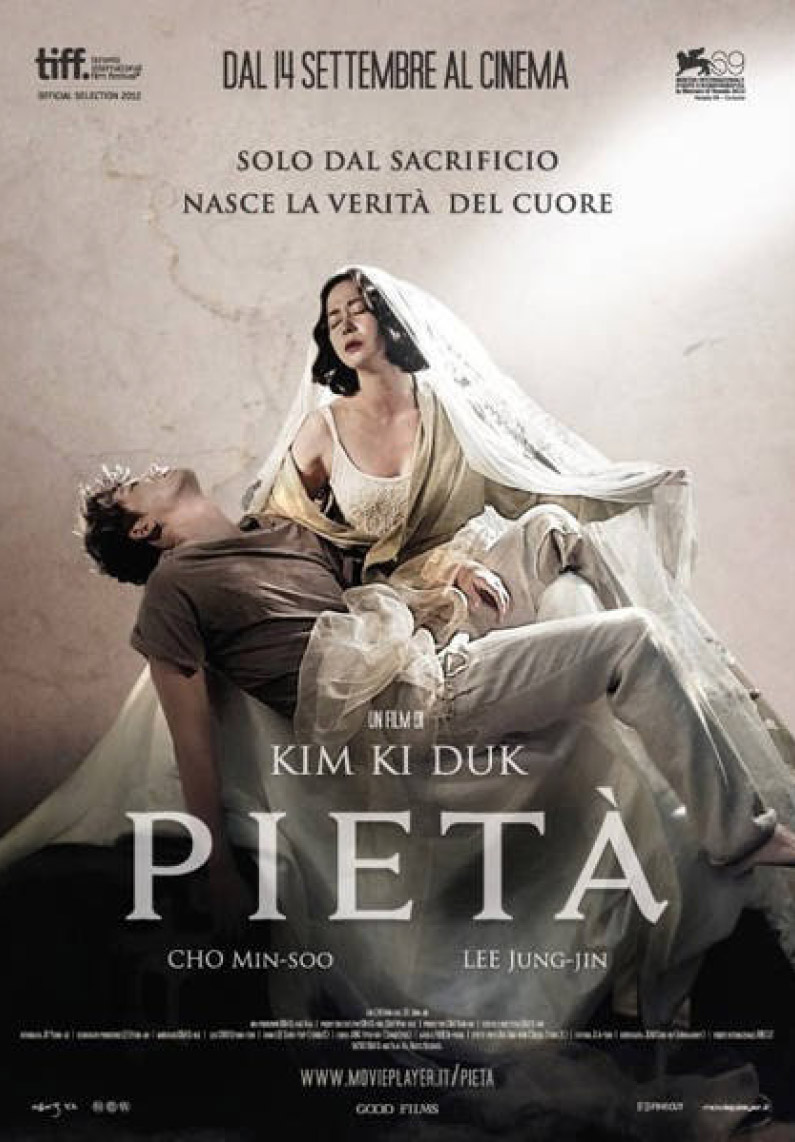
Mon, Jul 19 – 09:00 p.m.
Pietà (2012) by Kim Ki-duk
Golden Lion at Venice International Film Festival, Pietà depicts the mysterious relationship between a brutal man who works for loan sharks and a middle-aged woman who claims that she is his mother, in a mix of Christian symbolism and sexual content. But the ruthless loan shark turns out to be just a fragile, demanding child, totally relying on his mother-figure. In the moment that the Pietà eventually manifests in its sacred figure, Kang-do’s life has a strong twist, and for the first time he feels like he is on the same side as the people he contemptuously tormented.
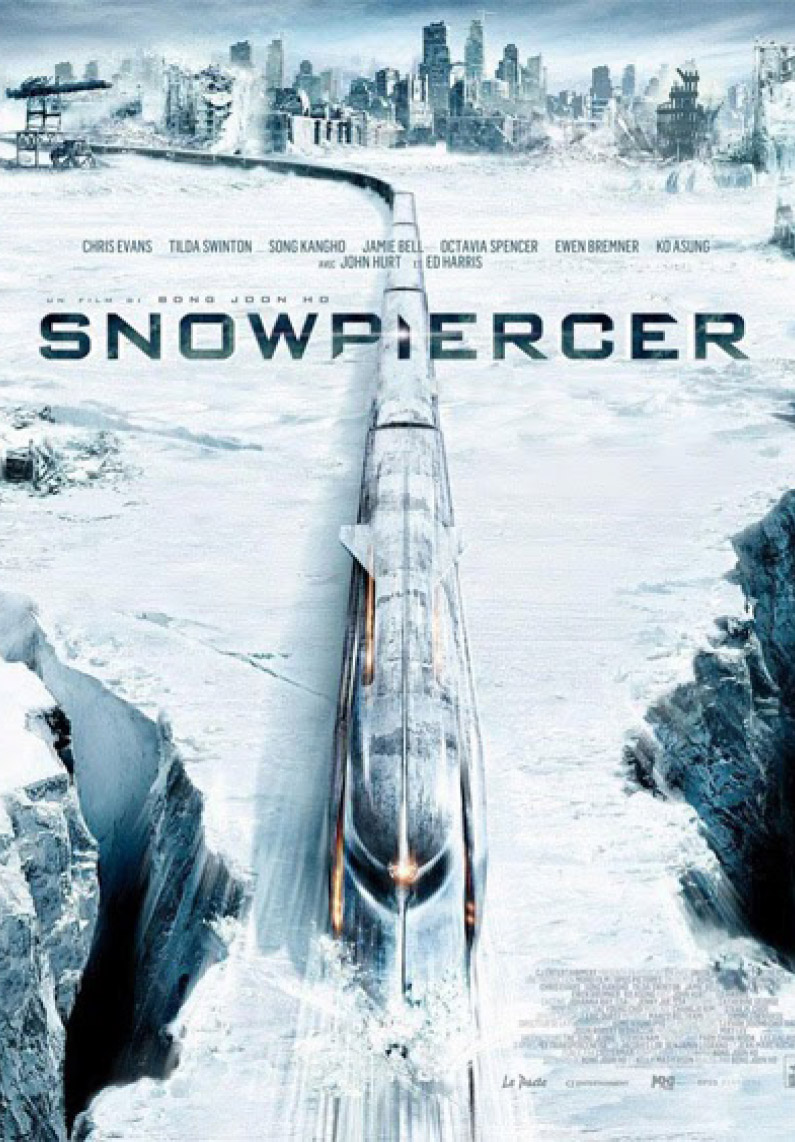
Mon, Jul 26 – 09:00 p.m.
Snowpiercer (2013) by Bong Joon-ho
Based on a graphic novel, Snowpiercer marks Bong Joon-ho debut as the director of a movie in english. In 2031, 17 years after an attempt to stop global warming catastrophically backfires, creating a new ice age, the remnants of humanity survive in the “Snowpiercer”, a train that keeps travelling around the world powered by an apparently perpetual motion engine. The film deals with class struggle; the train is a terrible and surreal allegory of society.
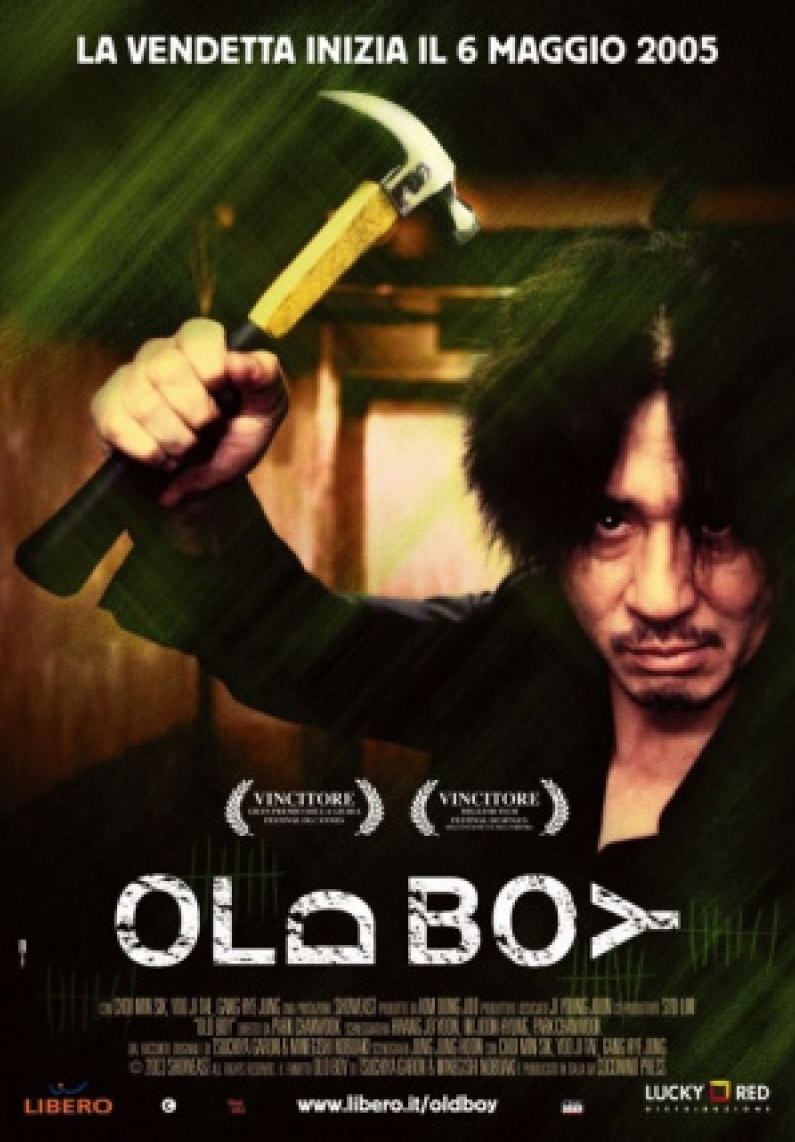
Mon, Aug 02 – 09:00 p.m.
Oldboy (2003) by Park Chan-wook
Winner of the Gran Prix at Cannes Film Festival, the film we see an ordinary man who wakes up one day and discovers that he has been kidnapped and trapped in a little, seedy cell-apartment, with no way out. Watching TV, Dae-su learns that his wife has been murdered and he is the prime suspect. That’s how his odyssey starts as he seeks revenge. Subtlety and violence go hand in hand staging the law of retaliation; the morality line is thinner than one can imagine.
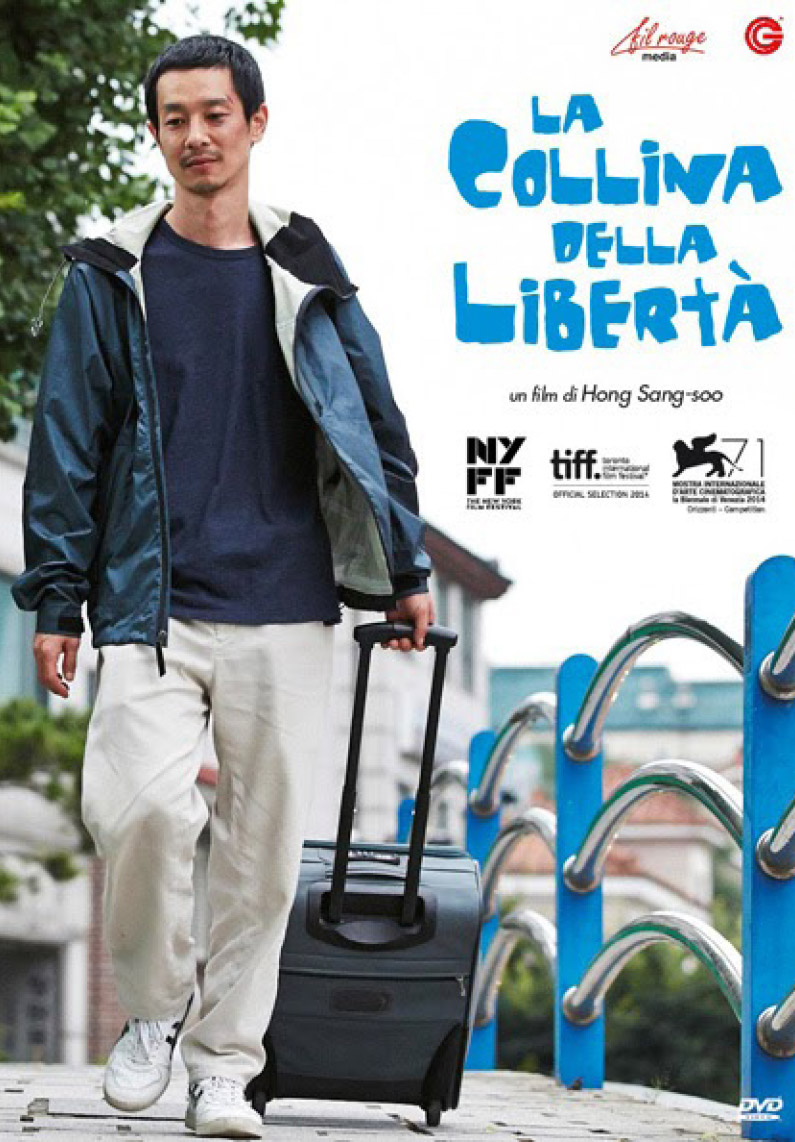
Mon, Aug 09 – 09:00 p.m.
Hills of freedom (2014) by Hong Sang-soo
The film tells the story of a Japanese man who goes back to Seoul to track down a woman he fell for two years before. While in town, he experiences some curious adventures, that he describes in letter addressed to the woman, hoping she will get to read it. But, while unfolding the letter, she makes the pages fall: the timeline is lost forever, and the story she will read is quite different from the actual events as they happened. It’s all about a reflection on the subjectivity of time, in which the difference between fiction and life is impossible to tell and past, present and future are blurred in the plot.
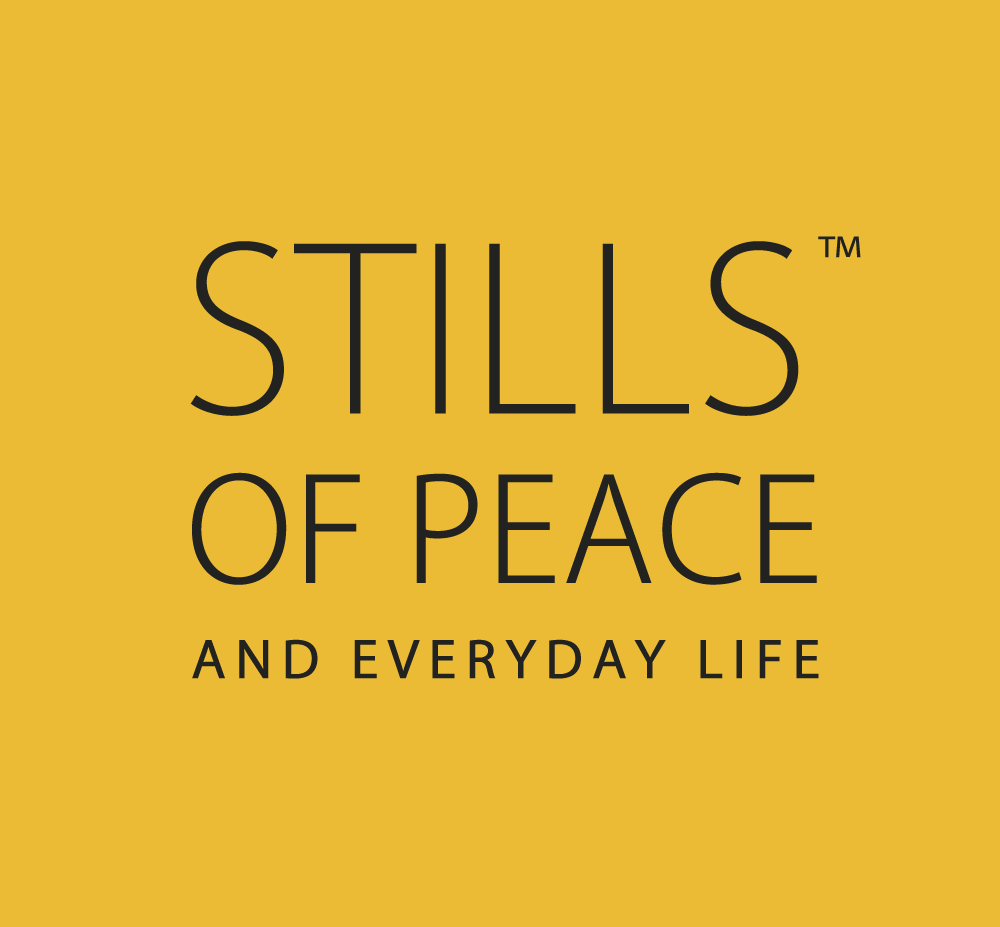
Stills of Peace and Everyday Life
a search for the meaning of the Contemporary
“Stills of Peace and Everyday Life” is a project promoted by the Fondazione Aria, based on an experimental premise for creation of art and culture “events” inspired by the encounter, communication and knowledge of different cultural traditions worldwide. These events are intended to initiate the building of a global network of connections and partnerships which, through the production of subsequent events, lead to understanding and respect for the cultures themselves, reciprocally promoting beauty and wisdom. Sociology, contemporary art, sustainable economy, and education are the subjects that contribute to dialogue and common understanding of the profound existential and humanistic values forming the basis of each specific culture.
A project by:


Under the patronage of Regione Abruzzo, Superintendency of Archaeology, Fine Arts and Landscape – Chieti and Pescara districts and:

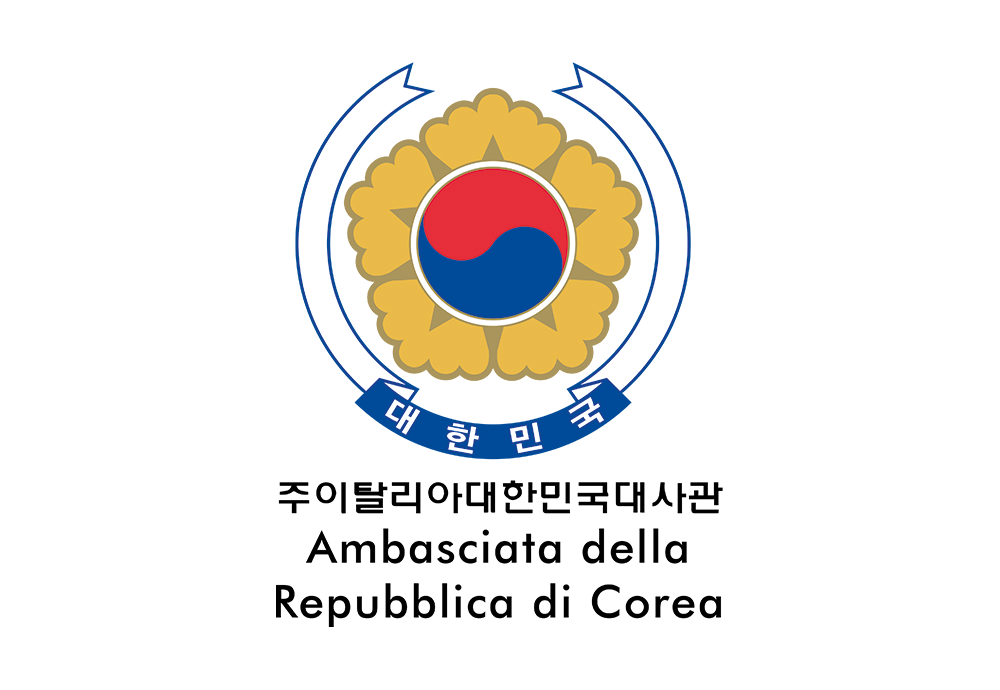
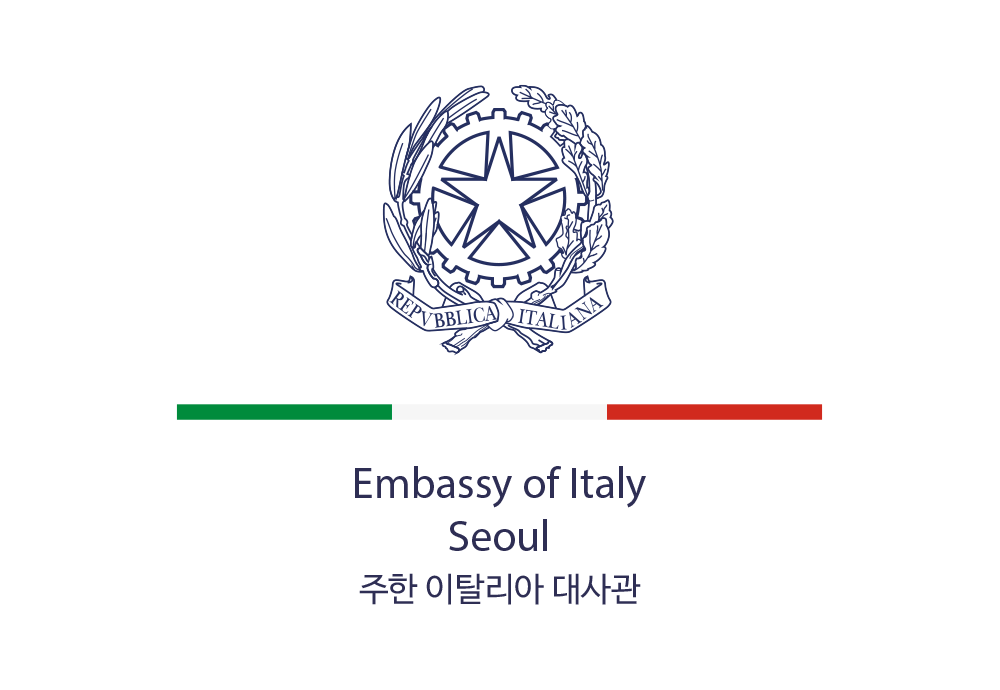
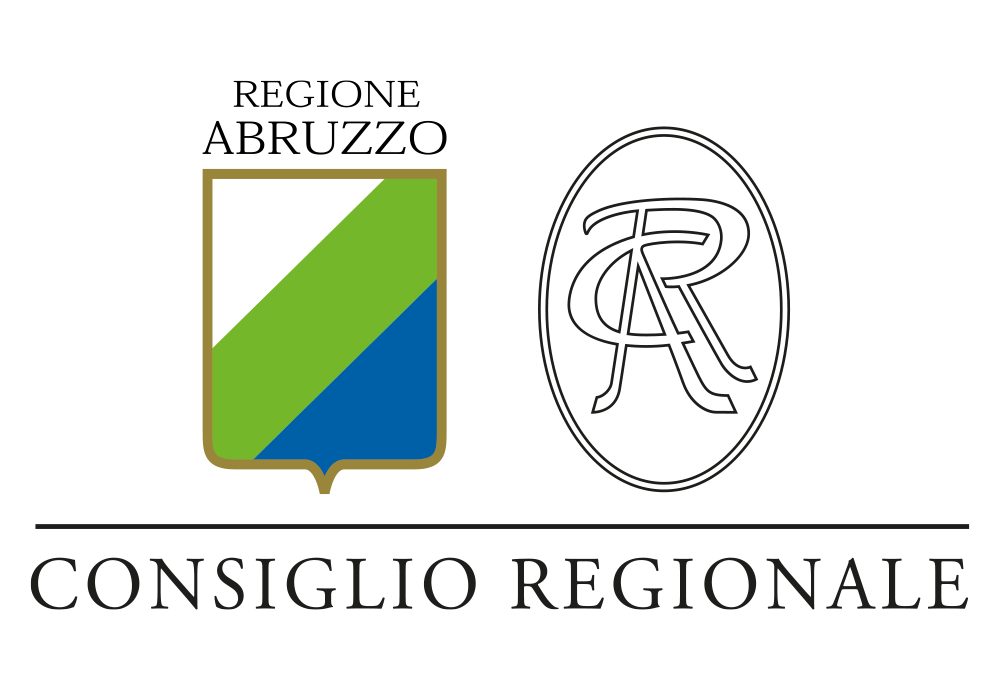
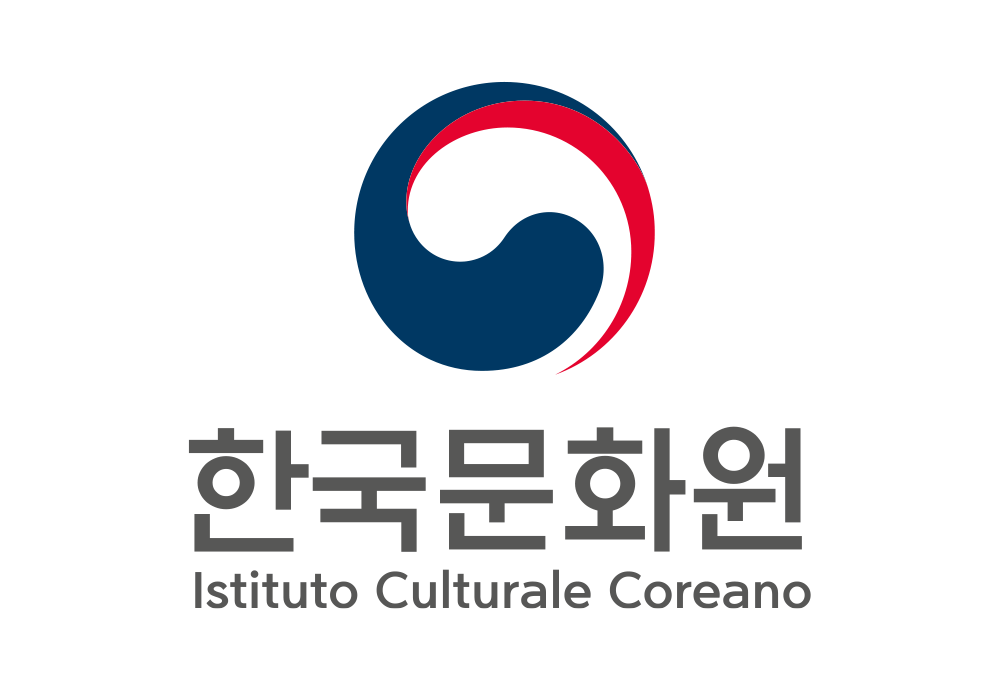
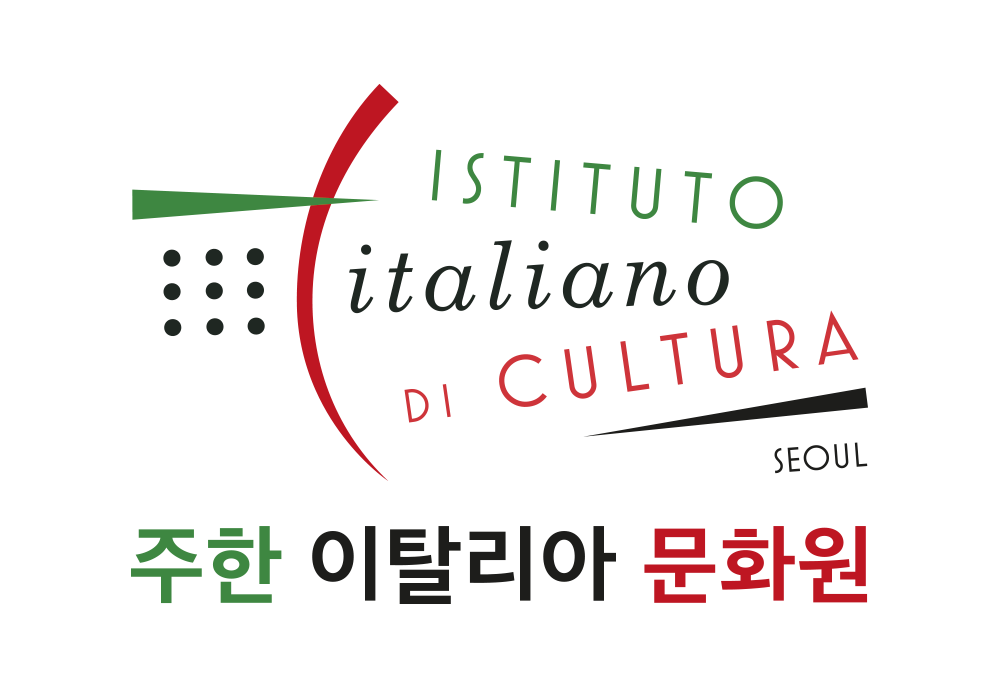

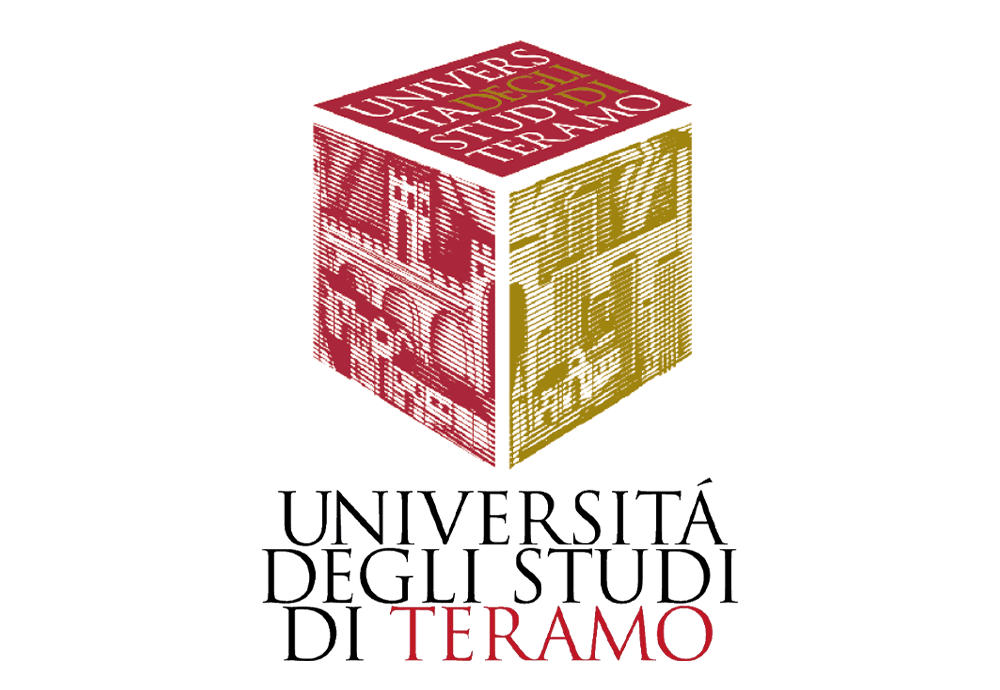
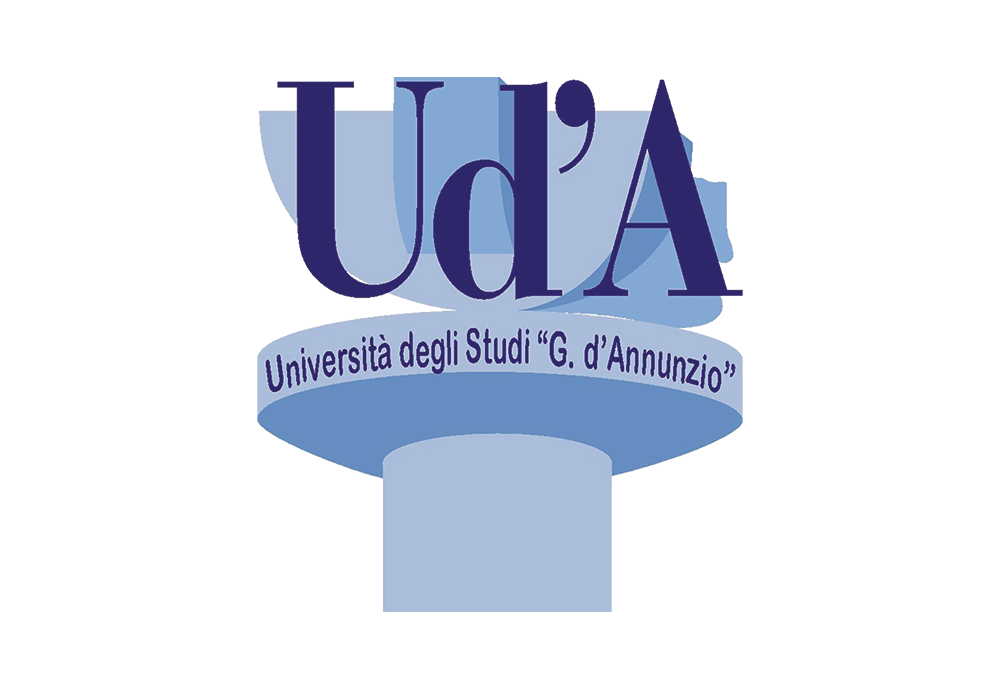
Sponsored by:

